The U.S. ‘Battles’ Coronavirus, But Is It Fair To Compare Pandemic To A War?
Enlarge this image
Sick patients were isolated in converted warehouses during the 1918-19 global influenza pandemic, which killed an estimated 50 million worldwide.
Universal History Archive/Universal Images Group via Getty
hide caption
toggle caption
Universal History Archive/Universal Images Group via Getty
Enlarge this image
A U.S. Marine cemetery at the foot of Mount Suribachi in Iwo Jima.
Hulton Archive/Getty Images
hide caption
toggle caption
Hulton Archive/Getty Images
A U.S. Marine cemetery at the foot of Mount Suribachi in Iwo Jima.
Hulton Archive/Getty Images
Official military records are one way of assessing a conflict’s lethality, but they have limits, which is why Biagetti views them as inadequate for understanding the full breadth of the impact of these historical events.
The carnage of war doesn’t end just because peace is declared. The chaos and turmoil often fuels further death, as the influenza pandemic did in World War I. The spillover effects of war continue long after formal hostilities end, and include disability and disfigurement, mental trauma, addiction, homelessness and suicide.
One example is the ongoing suicide crisis among U.S. veterans. Between 2005 and 2017, 78,875 veterans died by suicide — more than the number of soldiers killed in Vietnam, 58,220.
For all these reasons, Biagetti worries about comparing the current pandemic to any war, even if just for the purpose of counting the dead.
«You can’t just try to sum up in a simple statistic, how big is this disaster versus that disaster, as if they can even be summed up in a simple number at all.
And yet the language of warfare permeates so much of the national discourse about the pandemic.
Nurses work on the «frontlines. Coronavirus is described as an invisible «enemy. The country is «battling the virus.
As a metaphor, ‘war’ becomes a call to action, and a recognition of sacrifice
On Jan. 15, President-Elect Joe Biden announced his vaccine distribution plan, declaring: «We’re in a war with this virus.
Five days later, in his inaugural address, he said: «It’s taken as many lives in one year as America lost in all of World War II.
Some Americans whose relatives have died from COVID embrace the rhetoric of war, and believe comparing the pandemic to past wars is imperative.
«The scale of this is that of a war, it’s just a different type of war and it’s not one that we’re necessarily taught in our history books, says Kristen Urquiza, who co-founded the advocacy group Marked By COVID after her father died from the disease over the summer.
Urquiza believes that the country struggled collectively to respond to the coronavirus because Americans have little understanding about what it takes to overcome a pandemic.
«In a way, it’s sort of more dangerous [than war] because we are culturally unprepared for it.
There are also veterans who feel the war analogies are appropriate, and even helpful. Dr. Cleavon Gilman, an emergency physician in Yuma, Ariz., has treated COVID-19 patients from the early days of the outbreak, readily compares the pandemic to a war.
«It’s very hard to communicate the severity of this pandemic if you’re not in a hospital, where this war is being waged, says Gilman, who served as a Marine combat medic in Iraq in 2004.
World War II was the deadliest war in human history, but not in American history: that distinction belongs to the Civil War. The death toll has traditionally been estimated to be about 618,000 but new research indicates 750,000 may be more accurate.
But World War II looms large in America’s cultural memory as a «good war, one that united the country against a clear-cut enemy, says Catherine Mas, a history professor at Florida International University who studies the history of medicine, race and religion.
In retrospect, the American response to World War II stands in sharp contrast to the current political divisions over the coronavirus, and the fragmented and uneven national response.
Despite the differences, Mas says the comparisons can still be powerful tools as the country tries to reckon with a crisis that has taken place out of sight for many Americans. People are dying in hospitals, without family members at the bedside, and only healthcare workers are there to bear witness.
«The reason we want to compare COVID-19 deaths to something like World War II is not just because the numbers are there, but to acknowledge this is a significant rupture in society, she says.
«This mass death is going to create trauma: how are we going to deal with that? How have we dealt with that in the past? I think it’s part of our human condition to try to search for some reference points.
This story was produced in partnership with Kaiser Health News.
- Historiansplaining
- Dr. Howard Markel
- Marked By COVID
- Catherine Mas
- Frank Snowden
- Sam Biagetti
- COVID-19
- world war
Обсудим?
Смотрите также:

